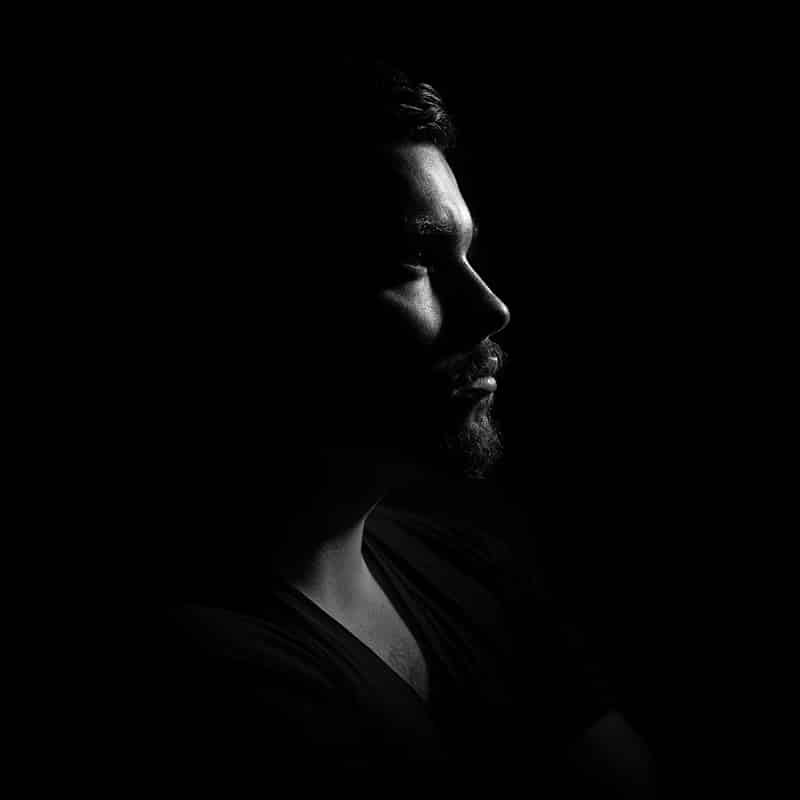Gender Privilege
by Subomi Plumptre

It is difficult to shake off privilege. It is even harder to explain it to those who enjoy it.
I see a few goodhearted men writing posts about sharing responsibilities at home, being participatory fathers and not dominating women. This is great. So many are becoming “woke” and we must celebrate this.
But here’s the flip side and herein lies privilege. As a man in Africa, you can CHOOSE to be and to do those things. The day you get tired or don’t feel like it, you can also CHOOSE to not do them, and no one will come and beat you. Society may not even notice because those are not your community ascribed “gender roles”. On the other hand, should a woman attempt to be anything other than what has been prescribed for her by society, all its arms – religion, culture, family, media – will collectively come against her. She will pay a huge price to be free. She is the exception to the rule.
As this article is not about gender roles, let’s stay on topic.
If you don’t understand privilege and why there can be no equity without consequence, then a robust social conversation cannot begin. The true hero in society is the one who makes laws that he’ll be subjected to; that will reduce his economic dominance or that will punish him should he break them, not one who simply chooses when to abide by higher principles.
—
I have discovered that it is hard for people to understand the psychology of hurt. It may escape them why society needs to apologise for decades of oppression, long after the oppression has passed. Like Germany and Nazism, Japan and Comfort Women or Nigeria and Biafra. This is so, even when the current generation had nothing to do with the actions of its forebears.
Society can’t just move on like parents who ask, “Have you eaten?” after they’ve done wrong but refuse to apologise. The rise of feminism in Nigeria (despite the abuse of the idea by several groups) and the rise of female adultery & cash based relationships should tell us there is a collective anger that is being unleashed on men and families. The children will simply be made in the ideological image of their mothers, as they are the primary caregivers. Therefore, I pray for this nation because, “Heaven has no rage like love to hatred turned nor hell a fury like a woman scorned.”
—
The reason I am sorrowful during discussions about abuse (to take one example of a social vice), is because the data points to it happening overwhelmingly to women. Even when statisticians give allowance for the low level of reporting amongst men (many are too ashamed to admit they have been abused), the data still shows more women experience it. Also, there’s less social consequence for men who perpetrate or experience abuse. So, if we go by the raw data and push sentiment aside, Africa is not a gender equitable society.
In America, an illustration of another type of social injustice may be found in racial discrimination. The data shows an imbalance towards people of colour. When other groups try to respond to #BlackLivesMatter with phrases like #AllLivesMatter or #BlueLivesMatter, it sometimes comes across as insensitive. Not because those other lives do not matter, but because it’s like a friend who comes to you crying in pain. Instead of saying sorry, you start talking about your own pain too.
It's difficult to shake off privilege. It is even harder to explain it to the privileged. Share on X There can be no equity without consequence for bad behaviour. Share on X

